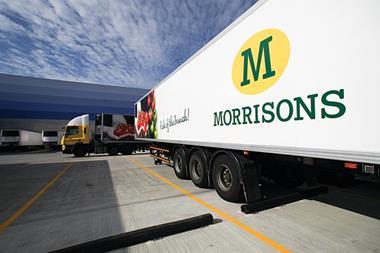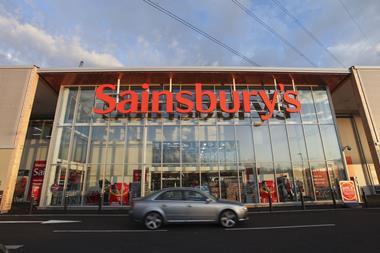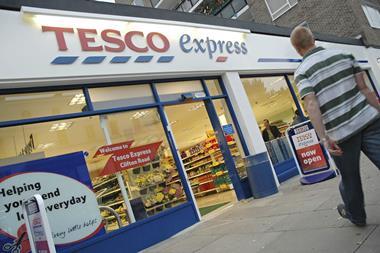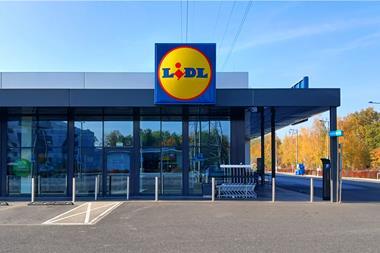The Scottish Government has revealed the proposed “supermarket tax” has been reduced, aiming to generate £15m less than originally planned.
Finance Secretary John Swinney announced the introduction of the levy in his Budget speech last year.
He laid out proposals to tax alcohol and tobacco-selling stores that have a rateable value of £300,000 or over, meaning the major grocers will be most affected. The duty, dubbed “supermarket tax” by the BRC, will be limited to three years rather than the four that had been originally stated.
Set to come into effect in April, the Scottish Government believes the levy will help improve public health by increasing the cost of alcohol and tobacco.
Announcing further details of the levy, Swinney said: “Increased preventative spending is key to improving outcomes and it is reasonable to boost preventative spending with additional resources where we can.
“Around 240 retail premises - 0.1% of all business premises in Scotland - will pay more, while some 63% of Scottish retail premises, well over 30,000 shops, currently pay no or reduced business rates as part of the most generous relief package in the United Kingdom.”
Swinney said he had decided to limit the amount of time the levy is applicable and reduce income generated by it from £110m to £95m, following discussions with retailers.
The grocers will have to pay a fixed rate supplement of 9.3p in 2012-13 rising to 13p in 2013 until 2015.
Swinney added: “I hope that Parliament can support this approach, which seeks to balance the views of all concerned while maintaining our important focus on preventative spending.”
But the Scottish Retail Consortium (SRC) said the announcement confirms the levy is being introduced purely to make money.
Asda, Sainsbury’s, Morrisons, Tesco, Marks & Spencer and The Co-operative met with the Scottish government last year to tackle the proposed levy.
SRC director Ian Shearer said: “The Government has a specific figure of £110m it wants to raise over the next three years. It is still discriminating against a small number of successful businesses to do this and without any formal impact assessment.
“There’s been some recognition that retail alone can’t bear all of the costs and we’re glad to see a small reduction in the overall bill retailers will face and the time limit of three years. But this levy still sets an alarming precedent by singling out one part of one sector and businesses of all kinds will fear what future revenue-raising schemes might be devised.”
He added: “Allowing profitable businesses to be raided in this way creates significant uncertainty around future investment.”
























No comments yet